City Council votes to permanently reduce Buttles Street to 2 lanes
MIDLAND, Mich. — The Midland City Council voted 3-2 Monday night to call for the permanent reduction of Buttles Street from three lanes of traffic into two, essentially making what’s now become known as the ‘road diet,’ permanent.
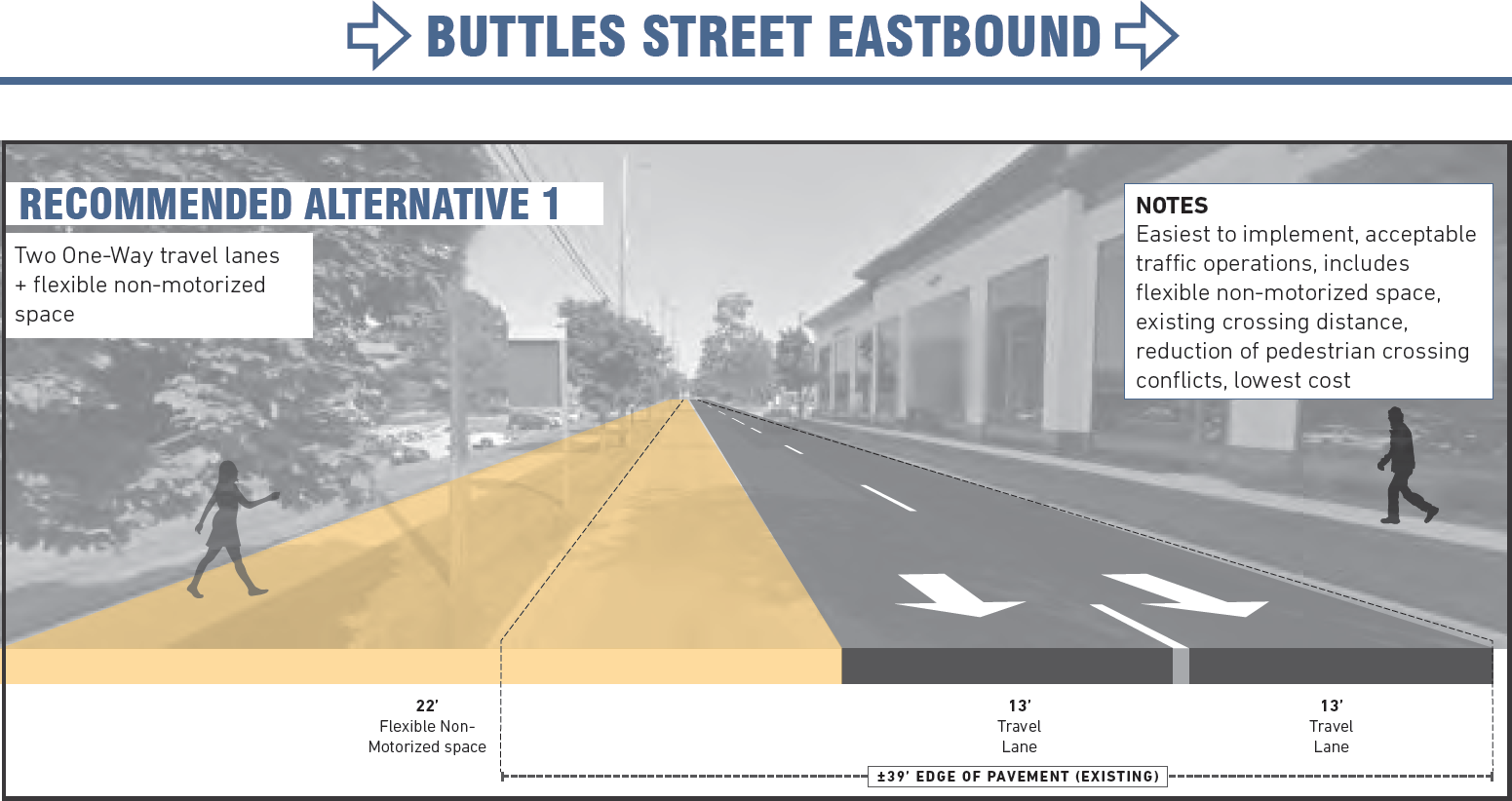
City Manager C. Bradley Kaye has also told the council that “a further discussion on Indian Street is anticipated in the near future once direction for Buttles Street has been set.”
Monday night’s vote marks the culmination of a years-long process that has received so much attention because the proposal remains wildly unpopular. Conflicting accounts of the origins of the proposal have prompted citizen speculation and many public comments as to how the study was established, who was truly involved, and for what ultimate purpose.
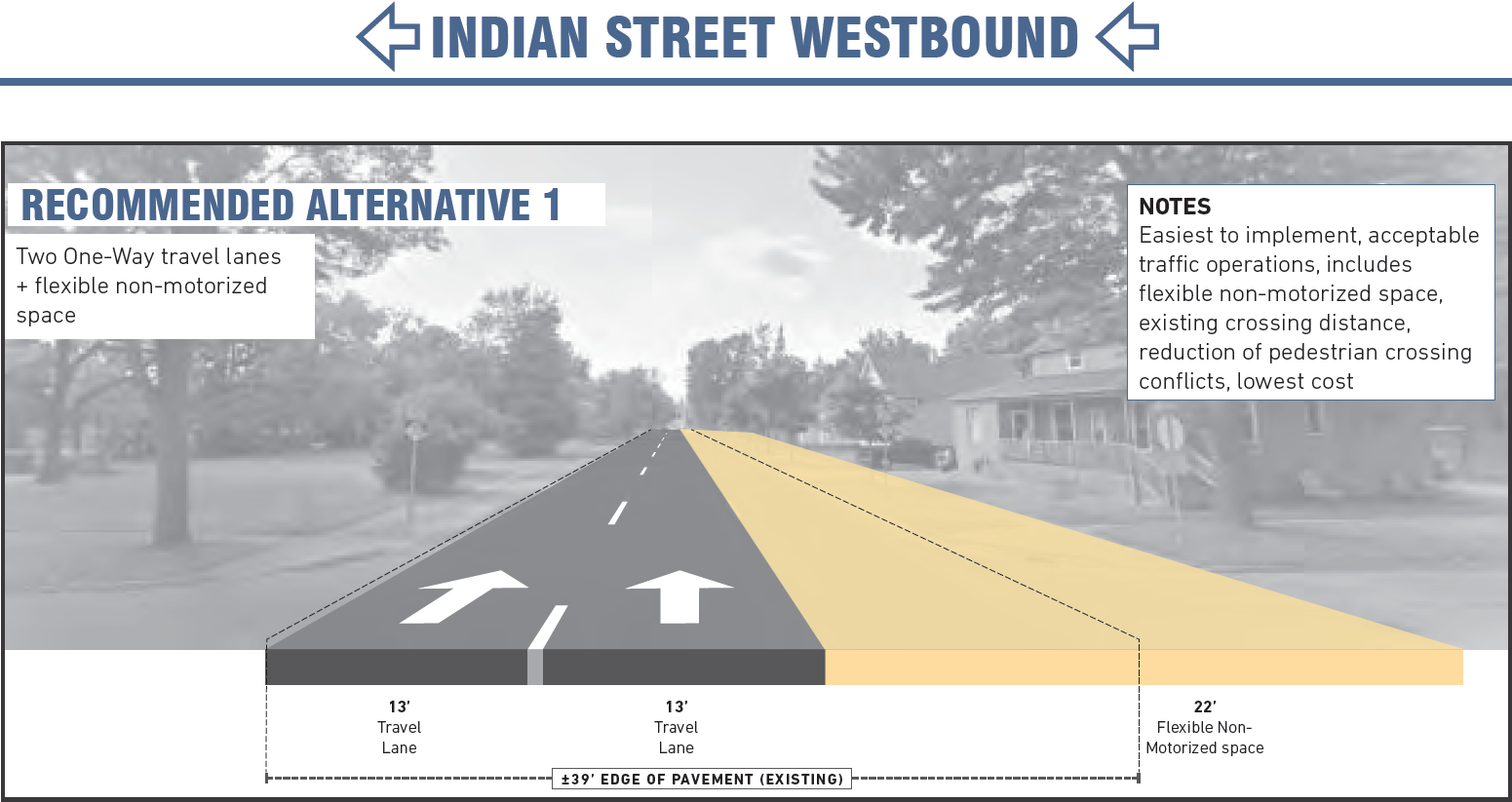
In 2019, a City Paper investigative report concluded that “the general consensus was that a [lane] reduction is all but a foregone conclusion due to the business and institutional forces involved in the matter.”
Midland Mayor Maureen Donker (Ward 2), Councilman Marty Wazbinski (Ward 5), and Councilman Diane Brown Wilhem (Ward 4) supported the final resolution. Councilman Pam Hall (Ward 1) and Councilman Steve Arnosky (Ward 3) voted ‘no.’
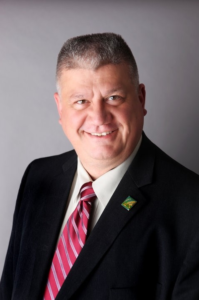
“This has been a long, long experience. From the initial submittal, we’ve had trials and studies and numerous meetings, forums, and plenty of public comments, letters, e-mails, grocery store conversations, and lots of phone messages,” Mr. Wazbinski said during the discussion portion of the consideration of the resolution. “All this discussion has been good, we have definitely heard both sides of the issue. It shows that people are passionate about Midland, they want the best for the city and its citizens, now and for the future, so this is definitely a tough decision for council to make.”
Mr. Wazbinski was widely seen as the one councilman who could have voted either way on the issue. He survived an awkward and uncoordinated recall effort in 2019 due to his previous support of the proposal.
“In reviewing all the data and the maps and the presentations and the comments, I looked at what would be best for Midland long-term,” Mr. Wazbinski said, ending speculation of the resolution’s outcome and attempting to justify his position. “I believe that with these changes, we will be balancing the needs of pedestrians and vehicles moving throughout the city. This will, in my opinion, lead to a better connection with safer and easier access to surrounding neighborhoods, maximizing the liveliness and surrounding neighborhoods, but also the surrounding areas that are growing like Midtown and the Community Center area.”
As community complaints continued to increase during the initial road diet test phase, Mr. Arnosky, who represents the heavily flood-affected Ward 3, became an outspoken critic of the proposal.
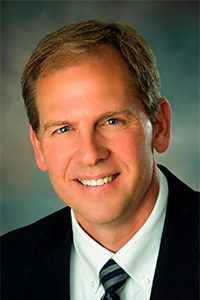
“As a now retired employee of The Dow Chemical Company, you know the importance of making decisions based on science and facts was really drummed into my head, as was a strong culture of safety,” Mr. Arnosky said Monday night. “We are asked as elected representatives of the People to provide guidance to MDOT. MDOT has the discretion to do what they want, and they have repeatedly said they don’t care. I emphasize they have not said the road should be reduced to two lanes because it makes things better. So our job is to look at the impact it has on the community. And people have come forward expressing their views on that lane reduction, we have that information, we don’t have to speculate, and what I’ve heard is that at best, it is tolerable, and at worst, it is unsafe. So to me that tips the scales in keeping three lanes.”
In 2019, Mr. Arnosky accused city staff of “pushing the lane closure” in a Facebook post to constituents.
“At last weeks road diet trial community conversation, I felt like I was at a [timeshare] sales presentation complete with sales associates strategically seated at every table,” Mr. Arnosky wrote.
The council had held a special town hall meeting on the proposal at Memorial Presbyterian Church.
Mr. Arnosky said that the meeting was set up in a way to influence the attendees to agree to permanently closing a lane on Buttles St. He urged the community to find other ways to achieve the objectives of the study.
After Monday’s meeting, Mr. Arnosky wrote another Facebook post to constituents, explaining his vote on the Buttles Street lane reduction.
“Shaking my head. This is somewhat out of character but I needed to write this down and then move on to work on other problems,” Mr. Arnosky began. “There are proponents of the lane reduction, but the vast majority of those that supported it today are the same people who pushed for the lane closure from the start. They are part of the organizations that supported it BEFORE the road diet test was even started in 2017. The actual results of the road diet and community comments apparently made no difference in their opinion. The people that support the lane reduction are clearly identified in the public records of the city. So let’s all hope that they are correct and when they are, give them praise, but if it fails, let’s be sure to give them credit for that as well.”
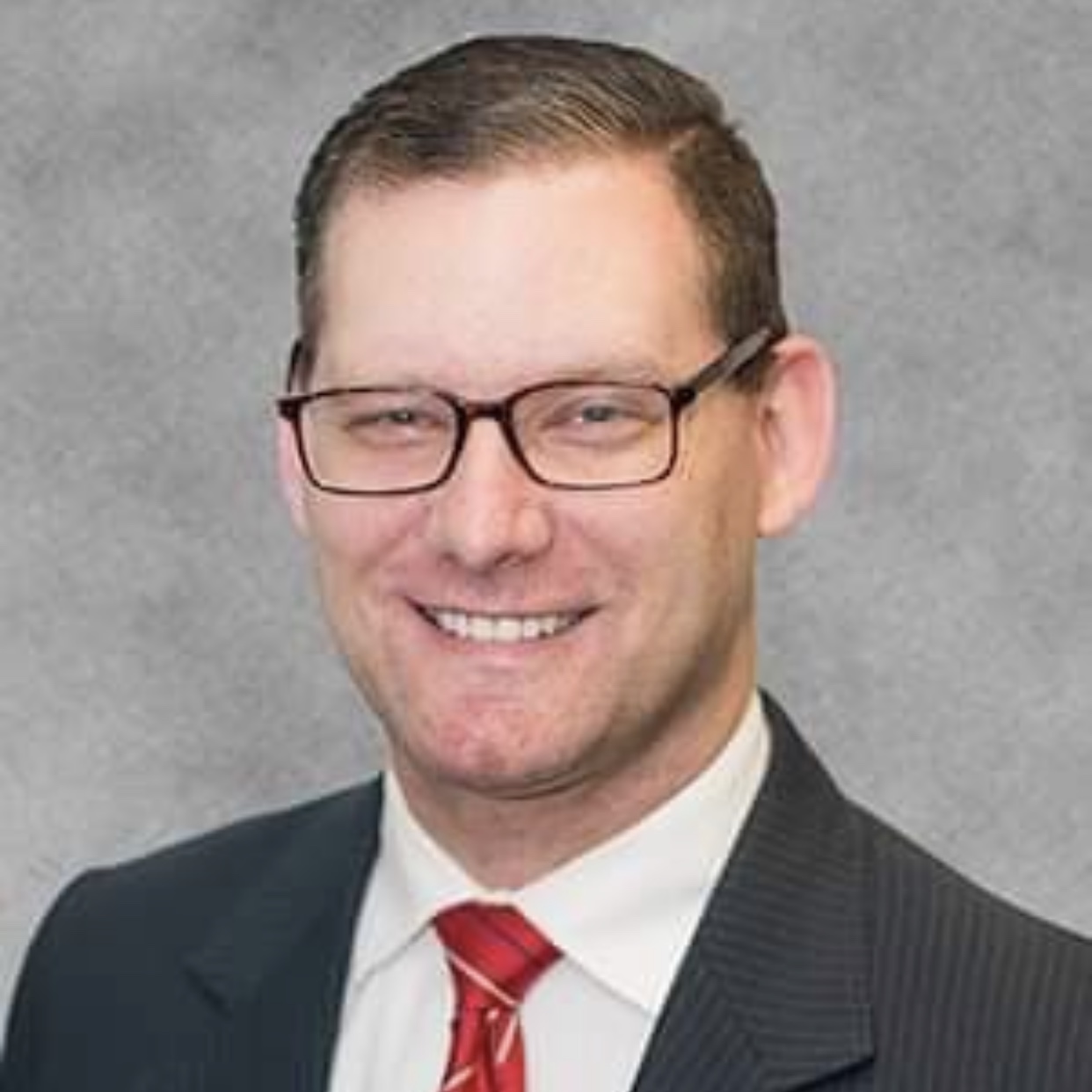
Michael Westendorf is the chairman and executive editor of Chemical City Paper. As Executive Editor, he leads the City Paper’s news coverage and editorial team.

